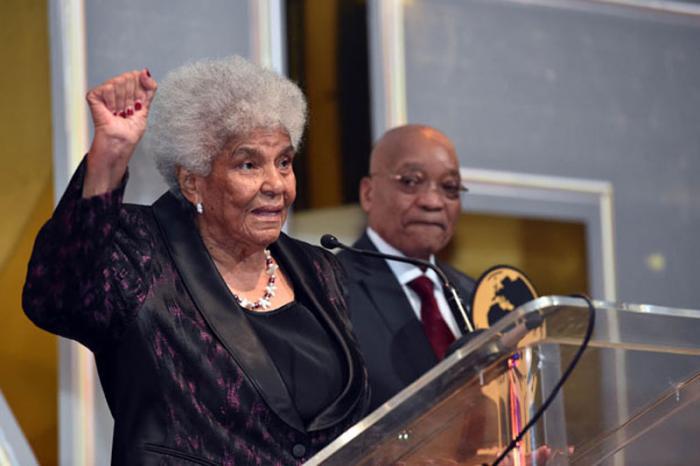
On August 9, 1956, a woman, barely thirty years old, challenged the repressive forces of the racist South African regime by organizing and leading a protest march against the Pass laws established by the apartheid government.
Ruth Mompati led 20,000 women of diverse ethnicities who, on that day, marched on the Union Building (government headquarters) in Pretoria against a system of laws implemented in 1952 prohibiting the free movement of Black South Africans and violating family law.
The Federation of South African Women (FEDSAW), of which Ruth was a founding member, and the African National Congress’ (ANC) women’s League organized the march with the aim of presenting more than 100,000 signatures opposing the laws to government officials. Ruth Mompati, regarded as a mother and daughter of Africa, played a vital role in this effort.
Today, various generations of her compatriots are paying tribute to the exemplary fighter, who died this Tuesday, May 12, in the city of Cabo, at 89 years of age, from a long-term illness.
In her obituary circulated nationwide, the ANC recalled Mama Ruth’s, as she was commonly known, early links with the organization as a collaborator of Nelson Mandela and Oliver Tambo; her incarcerations; anti-apartheid activism while in exile; and role in dismantling the regime.
From the 1990s onward she dedicated her energy to the construction of a new South Africa. She was elected to parliament and served as Mayor of the city of Naledi. During her lifetime, a district in her native province, North West, was re-named in her honor.








